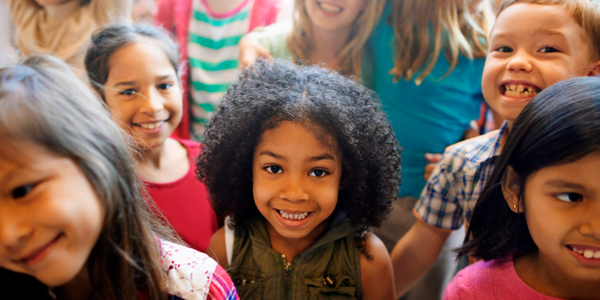Building Reciprocal Relationships with Communities

You are here
Being an early childhood administrator can be challenging but also professionally and personally rewarding because it provides the opportunity to develop lasting and meaningful relationships with families and the community.
Building relationships with the community has multiple benefits: Your organization or school builds name recognition and a positive reputation; you are informed of local events and community resources; and your organization’s credibility is enhanced. Some possibilities for collaboration follow.
- Develop partnerships with community organizations and agencies. Offer referrals to community organizations such as social services, parks and recreation departments, local police and fire departments, and senior groups so you become known as a valuable information distribution center. Become familiar with social services offerings in your community (subsidized wellness clinics, financial aid, food pantries, and homeless shelters) so you can confidentially and quickly offer referrals. You can coordinate events, publicize information, and invite representatives of community organizations and agencies to be guest speakers at parent workshops.
- Become the center of community activities. By offering your space (either for free or a fee) to community organizations such as Boy Scouts, Girl Scouts, book clubs, family groups, or 4-H, you can increase your recognition in the community and also raise some needed funds!
- Hold Parents’ Nights Out. Offering child care services in the evenings provides extra funds for your organization and enhances your reputation within the community. Welcoming the children of families who do not attend your school can also spread the word to potential clients.
- Offer workshops and seminars. Engage families of children who attend your program and those who do not by hosting a wide range of family education workshops. These could include building literacy in young children, child developmental milestones, and effectively guiding behavior. Also consider addressing other interest areas; for example, host a public speaking seminar, or host a welcome orientation for new residents to the community that highlights community resources, events, and activities.
- Encourage staff and administrators to join community organizations. Joining the local chamber of commerce, serving on community child care task forces, or engaging with local women’s and family’s groups will build your organization’s recognition and credibility and foster positive community relations.
The key to creating reciprocal relationships is to build a mutual respect and appreciation for the common goal of providing the best experiences and resources for children. Early childhood organizations need parents and families to support the school and contribute in meaningful ways to the planning and implementation of programs and events. Family members also provide insight into the family’s diverse background—cultural, linguistic, structural, and economic. Families need the early learning organization to provide nurturing, developmentally appropriate experiences for their children, and to support the family’s challenges and goals. The relationship is interdependent: each can enrich the other.
Ludmila Battista, MAEd, is an adjunct faculty member at Purdue University Global.